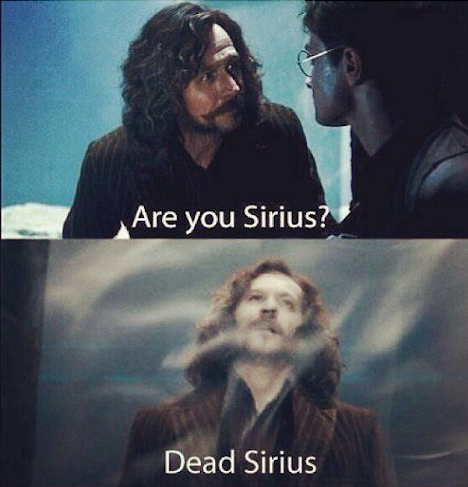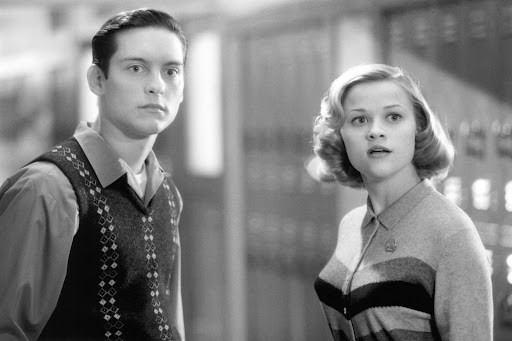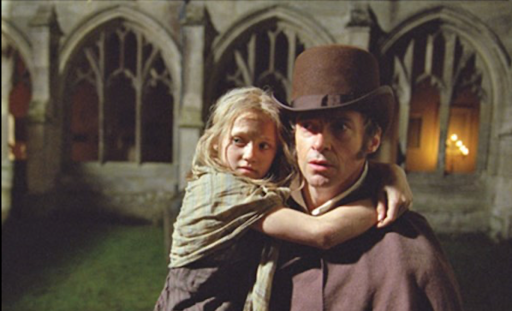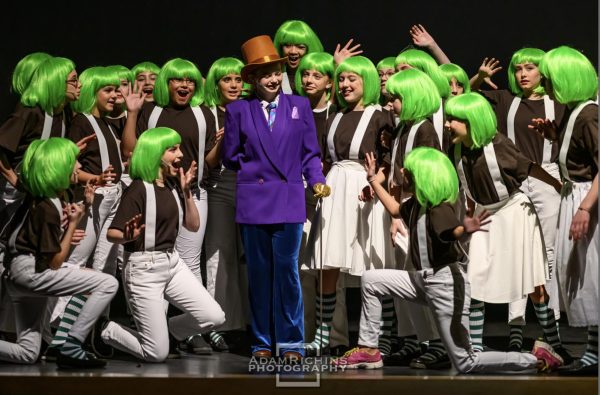What’s Going On With the Writers’ Strike?
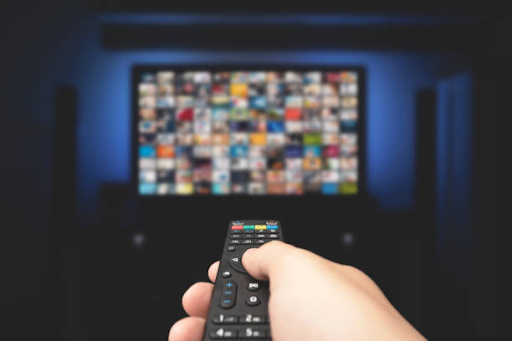
As entertainment moves to streaming services, what happens to the writers? Lucy DeMeo ’24 explains. (iStock)
The main entertainment venue of the 2020s has been streaming services. From Netflix’s revolutionary online streaming option introduced in 2007 to today’s seemingly endless new platforms like Disney+, Hulu, Amazon Prime Video, Paramount+, and Peacock, the streaming industry has absolutely exploded. But have some of the most integral contributors to streaming’s success been left behind?
The Writers’ Guild of America began a strike on May 2, arguing that writers have not been receiving fair compensation for their work and treatment from the companies they work for. Rising numbers of viewers stream their television, and streaming services’ profits have been at an all-time high, but, according to the WGA, many writers working at the union earn minimum wage. Along with the decrease in pay, the writers are working for fewer weeks under streaming surfaces, creating what the WGA calls a “gig economy” as opposed to more reliable long-term work. According to NPR interviews, some writers, even those writing for successful shows, are being paid in $3-10 checks and struggling to consistently pay rent because of the irregularity of streaming work and pay. The union demands standardization of the differences between streaming work and live TV and movies with theatrical releases, wider protections for television writers, and a general increase in the minimum pay for union writers.
Until the union and the streaming industry reach an agreement, many beloved shows are going to shut down their writers’ rooms. According to Variety’s ongoing list of shows affected by the strike, some notable favorites whose writing progress will cease include Abbot Elementary, Andor, Cobra Kai, Good Omens, SNL, and Stranger Things.
Some people argue that writers are unnecessarily withholding entertainment for profit, and others see the strike as a necessary industry adjustment to a revolution in how we consume movies and television. According to NPR, the 2007 writers’ strike was a response to new technology like the internet and DVDs. Perhaps this strike is another instance of Hollywood adapting to similar advancements.
More Resources:
In-depth Vox Article About the Reasoning and Implications of the Strike
By Lucy DeMeo ’24, Arts and Entertainment Editor
24ldemeo@montroseschool.org




